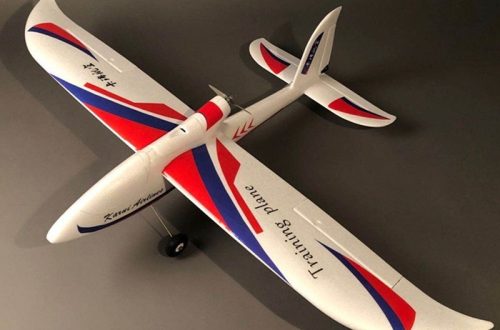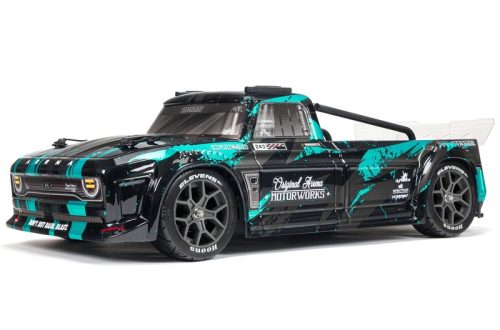Part 1: Introduction
Toys play a crucial role in a child’s development. They encourage imagination, foster creativity, and promote cognitive and physical development. While there are countless options available on the market, DIY toys provide a unique opportunity for children to engage in hands-on activities and unleash their creativity. In this article, we will explore the world of DIY toys for kids, discussing their benefits and presenting two exciting ideas for homemade toys.

Part 2: Benefits of DIY Toys
1. Enhancing Creativity:
DIY toys empower children to break free from the constraints of pre-made, store-bought toys and unleash their imagination. Instead of having predetermined functions, DIY toys offer a blank canvas for children to think creatively and invent something entirely unique.
By engaging in DIY toy projects, children are encouraged to think outside the box and explore their own ideas. They have the freedom to experiment with different materials, shapes, and designs, allowing their creativity to soar. This process of creating something from scratch fosters a sense of ownership and pride, as children see their imagination come to life.
Moreover, DIY toys promote problem-solving skills as children navigate the process of designing and constructing their toys. They learn to overcome challenges and find innovative solutions along the way. This hands-on experience not only enhances their critical thinking abilities but also nurtures their confidence in their own capabilities.

2. Developing Problem-Solving Skills:
DIY toys provide children with opportunities for hands-on experimentation and problem-solving. As they embark on a DIY toy project, children are faced with the task of figuring out how different materials can be utilized to construct their toy. They must think critically and creatively to overcome any challenges they encounter throughout the process.
By engaging in this problem-solving journey, children develop essential skills that extend far beyond the realm of toy-making. The ability to analyze, troubleshoot, and find innovative solutions is vital in various aspects of life, from academic pursuits to personal and professional endeavors.
DIY toys teach children the importance of perseverance and adaptability. They learn to embrace trial and error, understanding that setbacks are opportunities for growth and learning. Through this hands-on experience, children become more confident in their problem-solving abilities, fostering a resilient mindset that will serve them well in the face of challenges throughout their lives.
Part 3: Homemade Toy Ideas
1. Cardboard Castle:
Building a cardboard castle is a fantastic DIY toy project that sparks creativity and fosters imaginative play. To begin, gather a large cardboard box and carefully cut out windows and doors, transforming it into a castle structure. Next, let children unleash their artistic side by decorating the castle with paint, markers, or stickers. They can personalize it further by adding details like flags, drawbridges, or even a moat using construction paper or other materials.

Not only does this DIY toy offer hours of amusement, but it also provides valuable developmental benefits. As children engage in constructing and decorating their castle, they enhance their fine motor skills by using scissors, drawing, and painting. Additionally, they develop spatial awareness by visualizing and arranging the various components of the castle. The open-ended nature of this project allows children to explore their creativity and immerse themselves in imaginative play, bringing their castle to life with endless stories and adventures.
The cardboard castle DIY toy is a perfect blend of fun and skill development, making it an ideal project for children of various ages.
2. Sensory Play Bottles:
Sensory play is essential for children’s development, engaging their senses and promoting exploration. They are simple and inexpensive DIY toys that offer a variety of tactile experiences. Fill empty plastic bottles with different materials such as rice, beans, glitter, water beads, or sand. Children can shake, tilt, and observe the bottles, exploring the textures, colors, and sounds they produce. Sensory play bottles are not only entertaining but also help children develop their sense of touch and visual perception.

Part 4: Tips for Engaging in DIY Toy Projects
1. Safety First:
When engaging in DIY toy projects, safety should be the top priority. It is crucial to ensure that the materials used are safe for children to handle. Avoid using small parts that may pose a choking hazard, as young children tend to put things in their mouths. Opt for non-toxic paints and adhesives to ensure the toys are safe for play.
Additionally, it is important to closely supervise children while they are involved in the crafting process. This will help prevent accidents and ensure they are handling the materials correctly. Adult supervision can also provide guidance and assistance when needed, allowing children to explore their creativity in a safe environment.
By taking these precautions, parents can create DIY toys that not only entertain and educate children but also prioritize their safety and well-being.
2. Encourage Problem-Solving:
Engaging children in DIY toy projects provides an opportunity for them to develop important skills. It is crucial to allow children to face challenges on their own and find their own solutions. This encourages independent thinking and problem-solving abilities.
By resisting the temptation to intervene immediately, parents and caregivers can foster a sense of autonomy and confidence in children. Allowing them to explore different possibilities promotes creativity and innovation. It also teaches children the value of perseverance and resilience when faced with obstacles.

Parents can encourage critical thinking by asking open-ended questions and offering support when needed. This helps children develop their analytical skills and encourages them to think outside the box. By giving children the freedom to explore and experiment, they can unlock their full creative potential and develop a sense of accomplishment.
Conclusion
DIY toys provide a wonderful opportunity for children to have fun while developing essential skills. By engaging in DIY projects, children can enhance their creativity, problem-solving abilities, and fine motor skills. The cardboard castle and sensory play bottles are just two examples of the countless possibilities for homemade toys. Remember to prioritize safety and encourage children to explore their own solutions. So why not embark on a DIY toy adventure with your child today? The possibilities are endless, and the memories made will last a lifetime.


